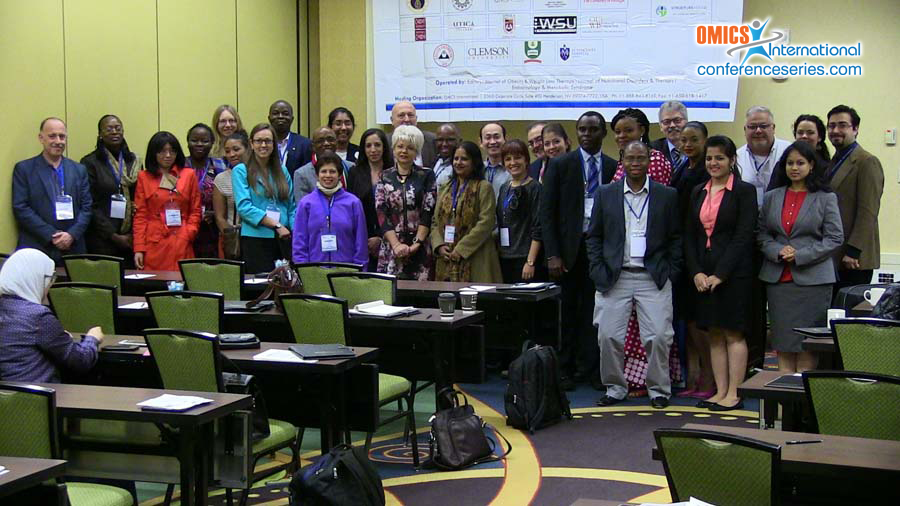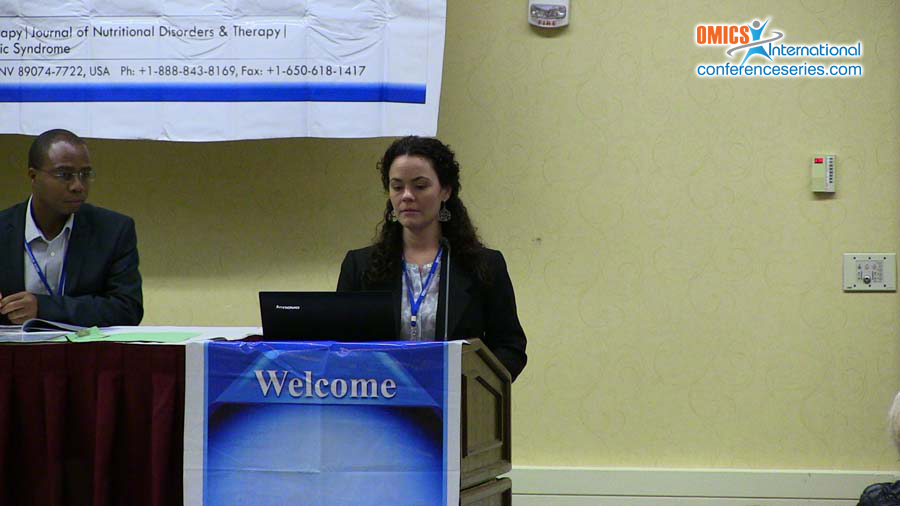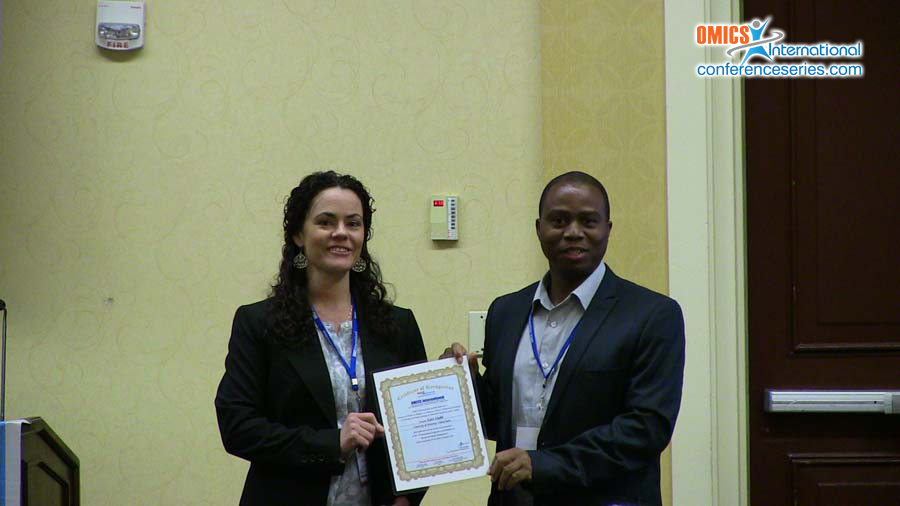
Biography
Biography: Lori Liebl
Abstract
Bariatric surgery is an effective sustainable weight loss method for individuals who are obese. Unfortunately, weight gain still occurs in the years following surgery. The majority of studies examine a homogeneous demographic group of adult post-bariatric surgical patients who have gone through initial weight loss, which occurs within the first 12 to 18 months post-surgery. Maintenance of weight loss begins two years after bariatric surgery; however, there is a paucity of research examining experiences during this period. The lack of conclusive research related to interactions between intrapersonal, behavioral, and environmental influences suggests a need to develop a better understanding of patients’ experiences related to weight loss maintenance after bariatric surgery. Bandura’s Social Cognitive Theory provided the framework for the semi-structured, in-person interviews for this qualitative descriptive study. This study describes the experiences of adults who were successful and unsuccessful in maintaining weight loss post-bariatric surgery. Successful participants n=14, identified negative attitudes, influences, and behaviors; modification of their environment to support their desired healthy behavior occurred. Unsuccessful participants n=6, failed to modify or alter their environment to support healthy behaviors. In order to maintain weight loss, an individual must seek out and surround themselves with positive family and peer support influences. Therapeutic education and counseling for individuals, couples, and families should occur during all stages of bariatric surgery. Communication techniques to empower clients to deflect negative comments and influences in a healthy constructive manner should be taught. Support groups to accommodate the various stages of bariatric surgery should be arranged.



